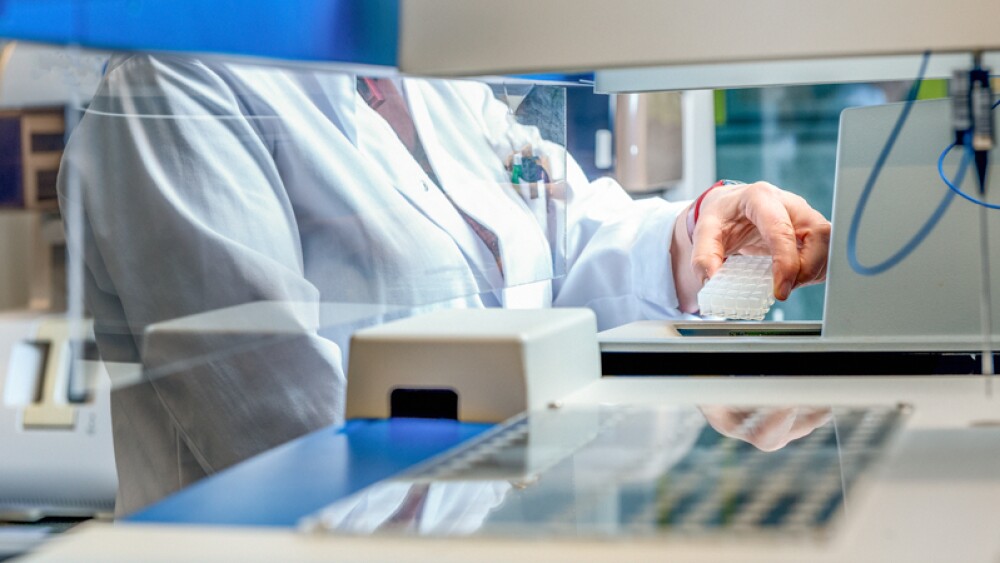March 23, 2017
By Alex Keown, BioSpace.com Breaking News Staff
NOVATO, Calif. – Shares of Ultragenyx Pharmaceuticals are down more than 8 percent today after the company announced its Phase II drug UX007 to treat seizures failed to meet trial goals.
In its announcement, Ultragenyx said UX007 did not reduce the frequency of number of observable seizures among patients during an eight-week period of treatment. The company said treatment with UX007 did show a reduction in absence seizures captured on EEG, but not observable seizures captured by diary. Patients treated with UX007 demonstrated a reduction of 13.4 percent in overall seizure frequency relative to placebo, the company said in its announcement.
During the Phase II trial, patients kept a daily seizure diary to capture observable seizures in patients. An electroencephalography (EEG) was used at baseline and week eight to capture absence seizures. Dosing was initiated over a two-week titration period until the patient reached the target dose of 35 percent of total daily calories from UX007, the company said.
UX007 is a highly purified, pharmaceutical-grade synthetic seven carbon fatty acid triglyceride intended to provide patients with medium-length, odd-chain fatty acids that can be metabolized to increase intermediate substrates in the Krebs cycle, a key energy-generating process, according to company information. The drug is being developed to treat seizures in patients with glucose transporter type-1 deficiency syndrome (Glut1 DS). Glut1 DS is a severely debilitating disease characterized by seizures, developmental delay, and movement disorders. Glut1 DS is caused by a genetic defect in the transport of glucose into the brain. There are currently no FDA approved treatments specific to Glut1 DS.
Emil D. Kakkis, president and chief executive officer of Ultragenyx, said the Phase II data showing the 13.4 percent reduction in seizures suggests UX007 has a “clinically meaningful effect in Glut1DS patients with absence seizures.” Kakkis said the company is looking forward to continue studying UX007 in Ultragenyx’s Phase III study in Glut1 DS patients with movement disorders. He said the company will continue to evaluate its options for UX007 in the indication for seizures.
There were no deaths and no treatment-related serious adverse events during the trial. Two of the 36 enrolled patients discontinued treatment during the eight-week placebo-controlled period. During the trial, 12 patients discontinued use during the extension period. Two patients discontinued due to adverse events, four patients due to tolerability reasons and eight for compliance or study burden issues, the company said.
Ultragenyx could get a rebound if news is positive regarding its Phase III enzyme replacement therapy candidate rhGUS for the treatment of Mucopolysaccharidosis 7. In July, the company announced the late-stage study met its primary endpoint of reducing urinary GAG (dermatan sulfate) excretion after 24 weeks of treatment. Ultragenyx is set to seek regulatory approval with the U.S. Food and Drug Administration and the European Medicines Agency later this year.
In November, Ultragenyx was forced to shelve plans for a quick approval of its investigational Aceneuramic Acid Prolonged Release (Ace-ER) for the treatment of adult patients with GNE Myopathy. The company announced it withdrew a conditional Marketing Authorization Application after a Phase II study “did not provide a sufficient amount of evidence to support an approval” at the time it was received. The company has launched a Phase III trial and plans to submit another MAA to the EMA after data is available later this year.





